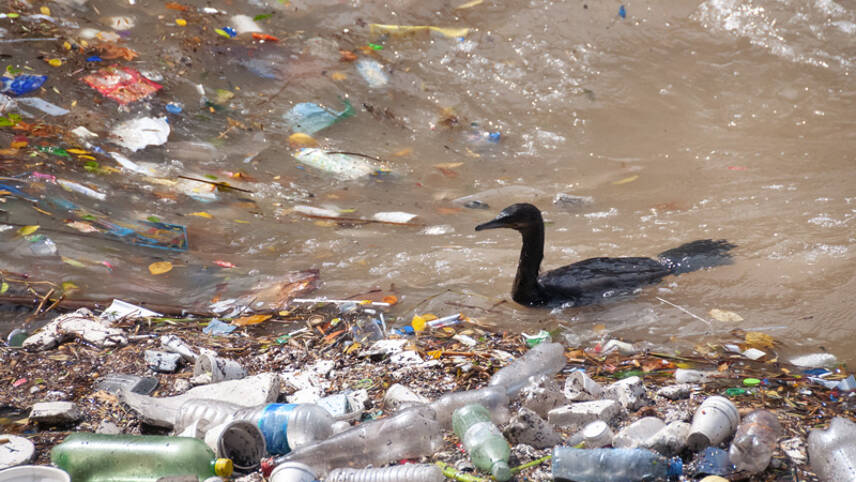Register for free and continue reading
Join our growing army of changemakers and get unlimited access to our premium content

Conducted on behalf of WWF and the Plastic Free Foundation, the survey polled 23,029 adults across the world. People from 32 nations answered the survey, which is believed to be the first of its scale to explicitly ask members of the general public about the shape of the plastic treaty.
The broad terms of the treaty were finalised at a UN Environment Assembly meeting in Nairobi this spring. A key point was that nations agreed to produce a treaty covering all parts of the plastic lifecycle, meaning that a reduction in plastic production, especially for single-use applications, will need to be included. Some nations and businesses had been calling for the end-of-life collection and processing of plastics to be the main focus point. Negotiators now have until 2024 to finalise the treaty. The first official round of talks will begin in a matter of days in Uruguay.
Ahead of these talks, which kick off on Monday 28 November, the survey asked people what they believe the treaty should entail for plastic producers, waste managers, national governments and other stakeholders across the plastic value chain.
The vast majority (86%) of respondents said that countries should be required, through the treaty, to implement mandatory requirements on plastic producers and distributors rather than relying on voluntary agreements. Respondents were asked questions about bans on certain kinds of plastics, extended producer responsibility requirements for manufacturers and retailers, improved product labelling and other interventions.
In all nations, the survey found that most people would support a ban on types of plastics that cannot be easily recycled. This sentiment was particularly strong in South America, with overwhelming backing in Argentina (85%), Chile (84%) and Colombia (88%). It was weakest in Japan, but still supported by 53% of respondents.
There was also strong public support for a ban on ‘unnecessary’ single-use plastics, averaging 75% across all nations surveyed. The sentiment was strongest in Chile and South Korea (82%) and weakest, again, in Japan (54%).
Global support was found to be even higher still for new measures requiring manufacturers and retailers to take more responsibility for the reuse and recycling of their plastic packaging. 78% of those polled globally would support these measures.
Similarly, 77% of people wanted to see better labelling on plastic products and packaging to reduce confusion around sorting for recycling.
WWF International’s plastics policy lead Eirik Lindebjerg said the findings show “unequivocal support for robust global regulation of plastics from production through to end-of-life management”.
The Plastic Free Foundation’s founder and executive director Rebecca Prince-Ruiz added that while a great many people are taking individual action to reduce their plastic waste, “many are also realising that their individual responsibility must be matched and accompanied by global and systemic action for the world to make a dent in reversing our devastating plastic pollution footprint”.
The NGO estimates that, during the two-year negotiating period for the treaty alone, the amount of plastic pollution in the ocean by weight will increase by 15%.


Please login or Register to leave a comment.